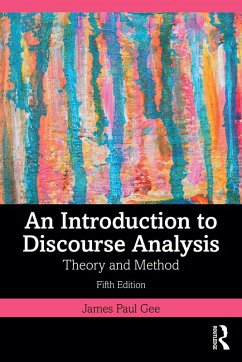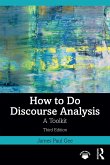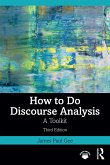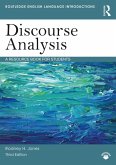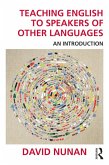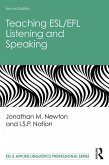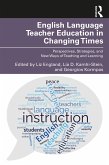The theoretical framework is built around seven "building tasks" that language performs: significance, practices, identities, relationships, politics, connections, and sign systems and knowledge. Gee introduces six "tools of inquiry" for analyzing these tasks: situated meanings, social languages, figured worlds, intertextuality, Discourses, and Conversations.
Methodologically, Gee emphasizes the importance of context and the reciprocal relationship between language and context. He discusses transcription, outlines the components of an "ideal" discourse analysis, and addresses issues of validity.
The book provides practical guidance on analyzing various aspects of language, such as intonation units, stanzas, and the overall organization of oral and written texts. Gee uses interview data to demonstrate how identities and socially situated meanings are constructed through language.
This new edition is updated throughout with new examples and a new chapter on multimodal discourse analysis, demonstrating how Gee's approach can be applied to texts that combine language with other modes of communication, like images or video. Overall, the book equips readers with a robust toolkit for systematically analyzing discourse.
An Introduction to Discourse Analysis can be used as a stand-alone textbook or ideally used in conjunction with the practical companion title How to do Discourse Analysis: A Toolkit. Together they provide the complete resource for students studying discourse analysis.
Dieser Download kann aus rechtlichen Gründen nur mit Rechnungsadresse in A, B, BG, CY, CZ, D, DK, EW, E, FIN, F, GR, HR, H, IRL, I, LT, L, LR, M, NL, PL, P, R, S, SLO, SK ausgeliefert werden.

